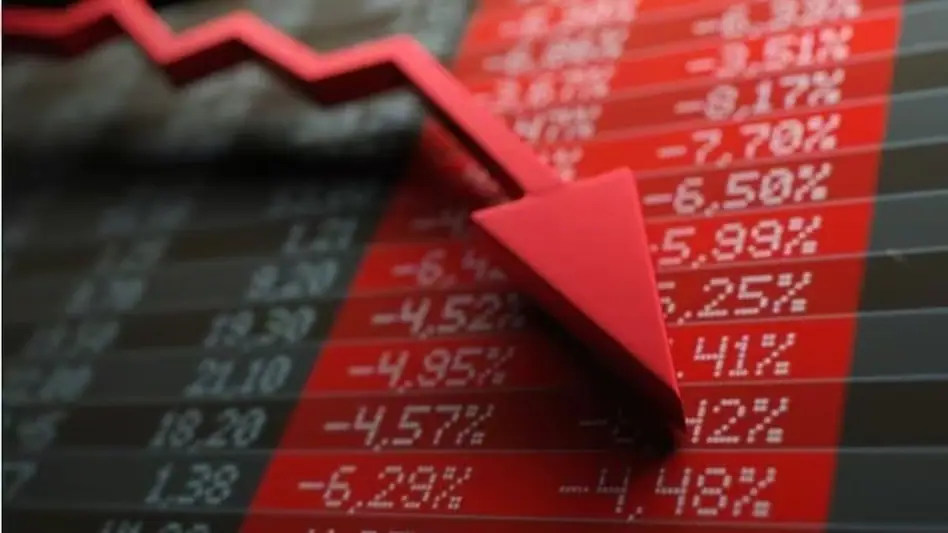A stock market crash is one of the most significant and alarming events in the financial world. When the stock market experiences a sudden and steep decline in value, it affects not only investors but the broader economy as well. The aftermath of a crash can be far-reaching, impacting everything from consumer spending to government policies. In this article, we’ll examine the main effects of a stock market crash on various sectors of the economy.
Impact on Investor Confidence
The first and most immediate consequence of a stock market crash is a loss of investor confidence. As stock prices plummet, many investors panic and sell off their holdings to limit further losses. This creates a vicious cycle of declining prices, as more and more people try to exit the market at the same time. The drop in confidence can last long after the market stabilizes, with many investors hesitant to re-enter the market for months or even years.
Financial Losses for Investors
A stock market crash can lead to significant financial losses for investors. Those who are heavily invested in stocks may see the value of their portfolios drop drastically, and in some cases, people can lose their entire life savings. For retirement savers, this can be particularly devastating, as the crash may push back retirement plans or force individuals to continue working longer than expected. Even investors with more diversified portfolios aren’t immune, though their losses may be less severe.
Economic Recession Risk
Stock market crashes can trigger broader economic recessions. The decline in stock prices leads to a reduction in wealth, which in turn affects consumer spending. As people lose money in the market, they may cut back on discretionary purchases, which can slow down business activity and lead to layoffs and higher unemployment. The loss of jobs and the tightening of household budgets further aggravate the economic downturn, leading to lower economic growth overall.
Impact on Business Operations
Businesses also feel the effects of a stock market crash, especially those that rely on stock market performance for financing or consumer confidence. When stock prices fall, companies may have a harder time raising capital by issuing new shares or obtaining loans. In some cases, companies may even delay or cancel planned expansion projects, hiring, or research and development investments, all of which can further hamper economic growth.
Government Responses
Governments often intervene during or after a stock market crash to stabilize the economy. This may involve monetary policy measures, such as lowering interest rates, or fiscal policy actions, such as stimulus packages or increased public spending. While these measures can help prevent a full-blown depression, they also come with their own set of challenges. For example, low interest rates can fuel inflation, and government spending can lead to an increase in national debt.
Changes in Consumer Behavior
After a stock market crash, consumer behavior often shifts dramatically. People may become more risk-averse, opting for safer investment options like bonds or savings accounts. Additionally, consumers may change their purchasing habits, focusing more on essential goods and services rather than luxury or non-essential items. This shift in spending patterns can hurt businesses that rely on consumer demand for discretionary products, further amplifying the economic challenges following a market crash.
Long-Term Effects on Financial Markets
While stock markets may eventually recover from a crash, the long-term effects can still be felt for years. Investor behavior can change permanently, with many choosing more conservative investment strategies. Moreover, regulatory bodies may implement stricter rules and oversight to prevent future crashes, which could alter how markets operate. For example, measures such as circuit breakers (temporary halts in trading) or changes in margin requirements might be introduced to reduce the risk of another sharp decline.
Conclusion
The effects of a stock market crash are far-reaching and multifaceted. From a loss of investor confidence and financial losses to the risk of economic recession and government intervention, the consequences can be severe for individuals and businesses alike. While markets tend to recover over time, the long-lasting impacts on consumer behavior, business operations, and financial systems may continue to shape the economic landscape for years to come. Understanding these effects is crucial for anyone involved in financial markets, as it allows investors and policymakers to better navigate the turbulence that follows a crash.










